It is no secret that human beings have been wreaking havoc on the planet for years. From mining to fossil fuel use, air pollution, plastic pollution and everything in between, humans are causing extreme harm to the world’s natural ecosystems and the billions of other beings that live here.
However, a new report shows that there is one prominent problem humans are all but ignoring: Our drugs and medicines are seeping into the world’s waters, contaminating and killing marine life.
Pharmaceuticals Are Polluting the Environment
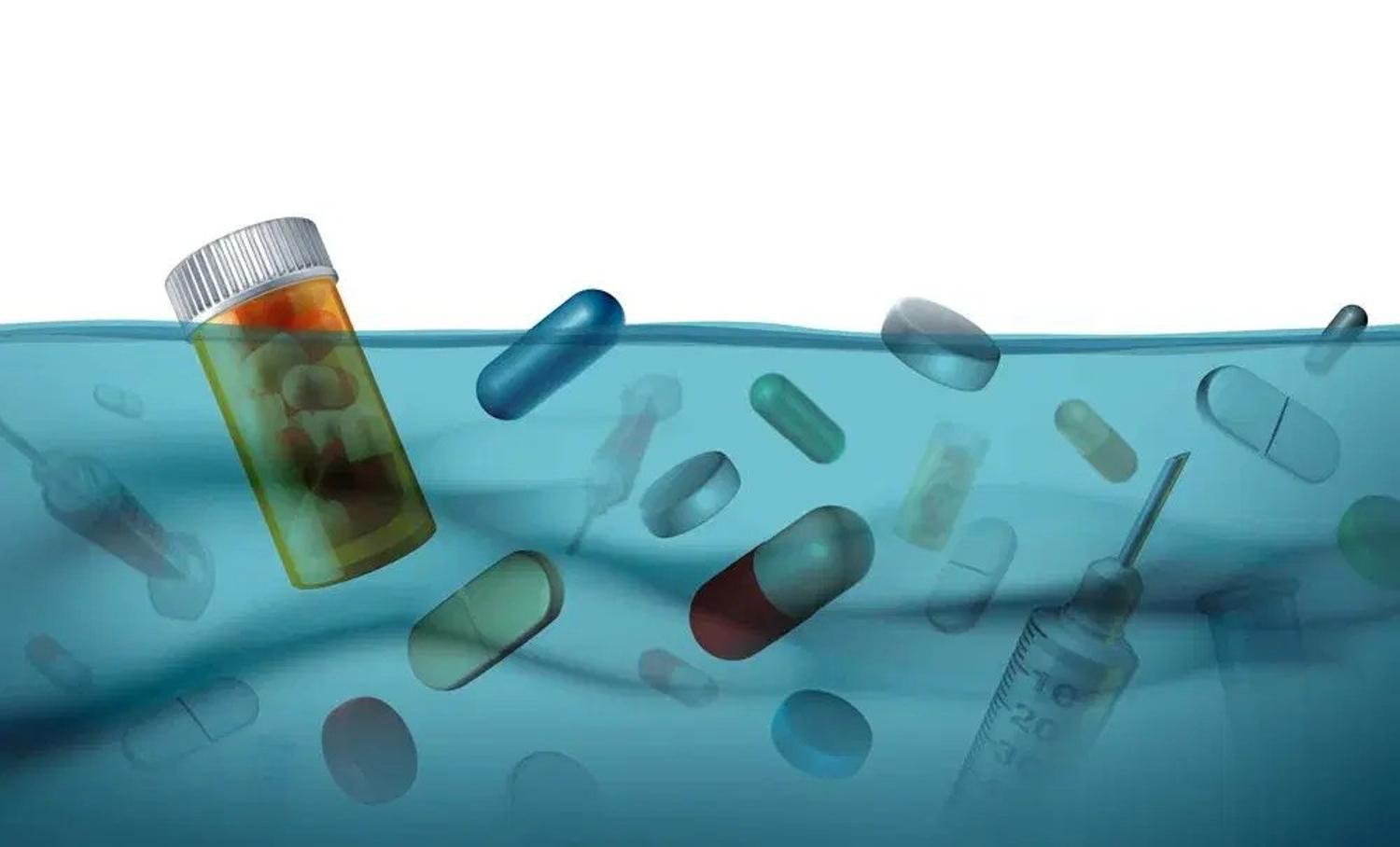
In a recent study published in the journal Nature Sustainability, researchers from the Swedish University of Agricultural Sciences explained that the pharmaceutical industry is polluting the world’s water.
The paper explained that because there are many pathways for drugs to enter the environment, fish and other marine life around the world are ingesting dangerous chemicals, which will eventually change the planet as we know it.
Meth, Cocaine, Antipsychotics and Caffeine Have All Been Found in Marine Life
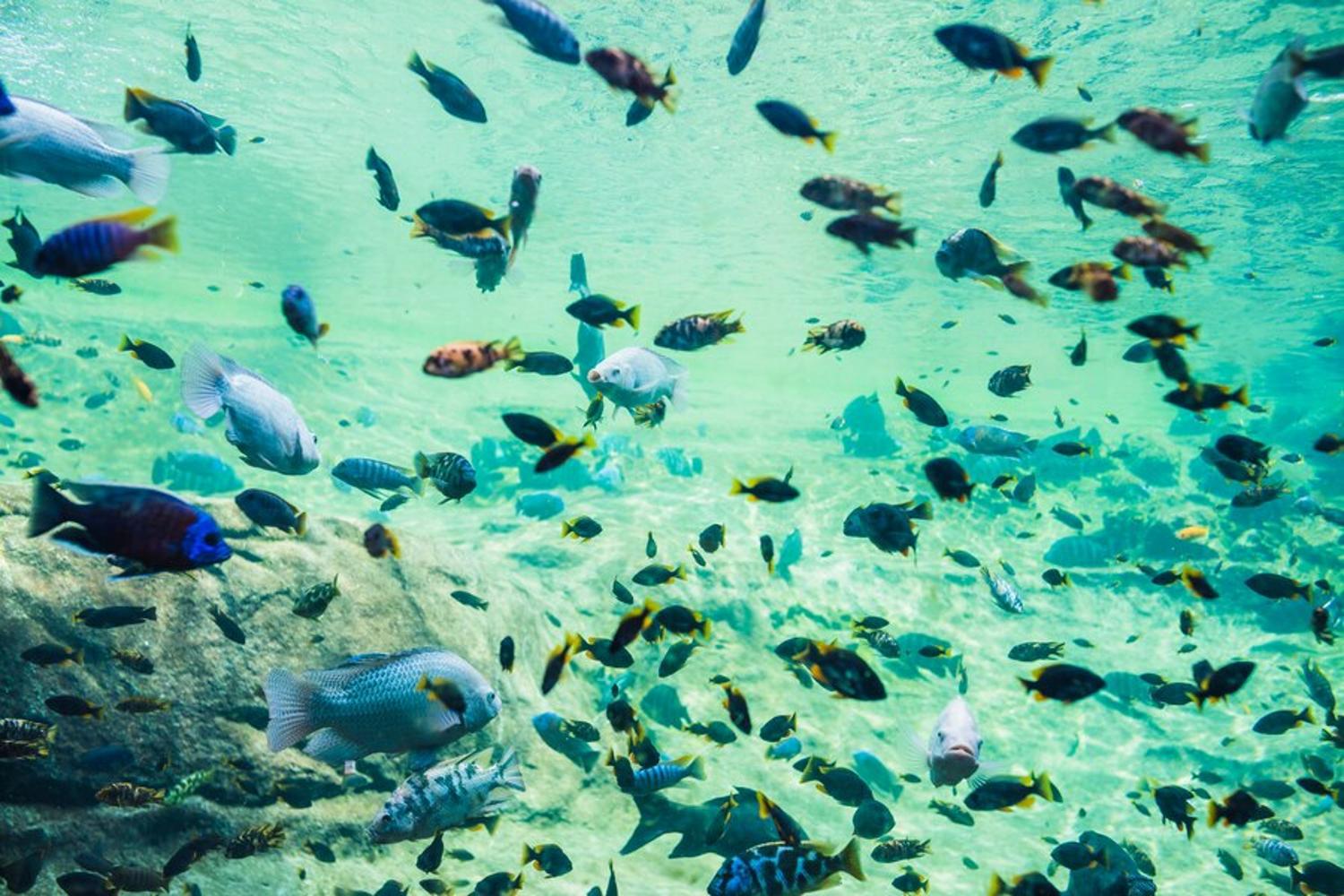
Data collected by the researchers showed several drugs within the bodies of fish and other marine life, including meth, cocaine, antipsychotics, caffeine, anti-anxiety medications and various other pharmaceuticals.
But they didn’t stop there. The scientists continued their investigation to find out how the drugs were affecting these animals.
Effects of Human-Made Drugs on Marine Life
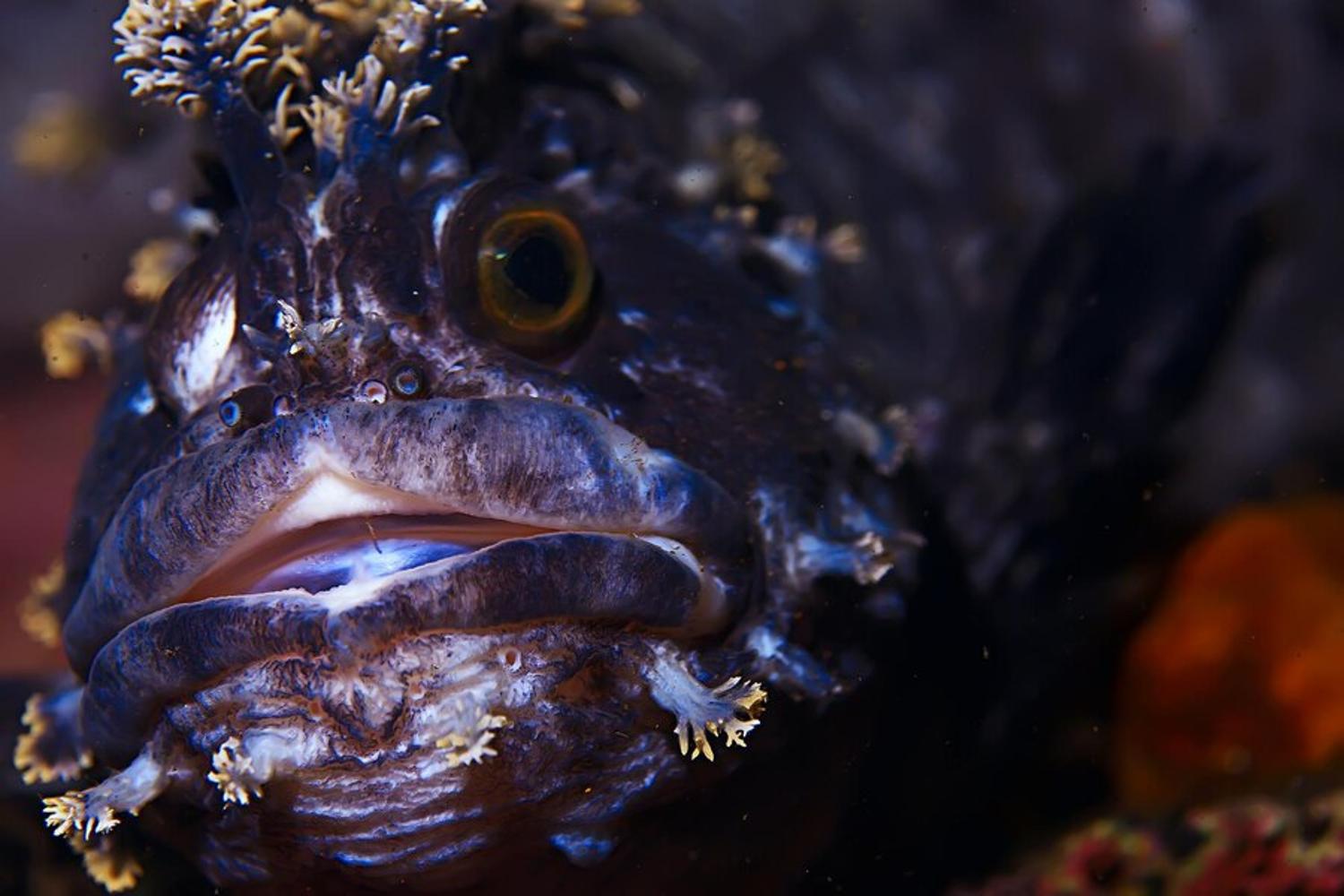
They noted that some brown trout, which had become addicted to methamphetamines, were losing their fear of predators and, therefore, becoming easy prey.
Additionally, they explained that several female starlings that had ingested antidepressants like Prozac had become less attractive to male starlings, leading to a substantial decrease in reproduction. Some fish even experienced sex reversal after being exposed to hormonal contraceptives.
Biodiversity Is Absolutely Necessary for the Planet to Function
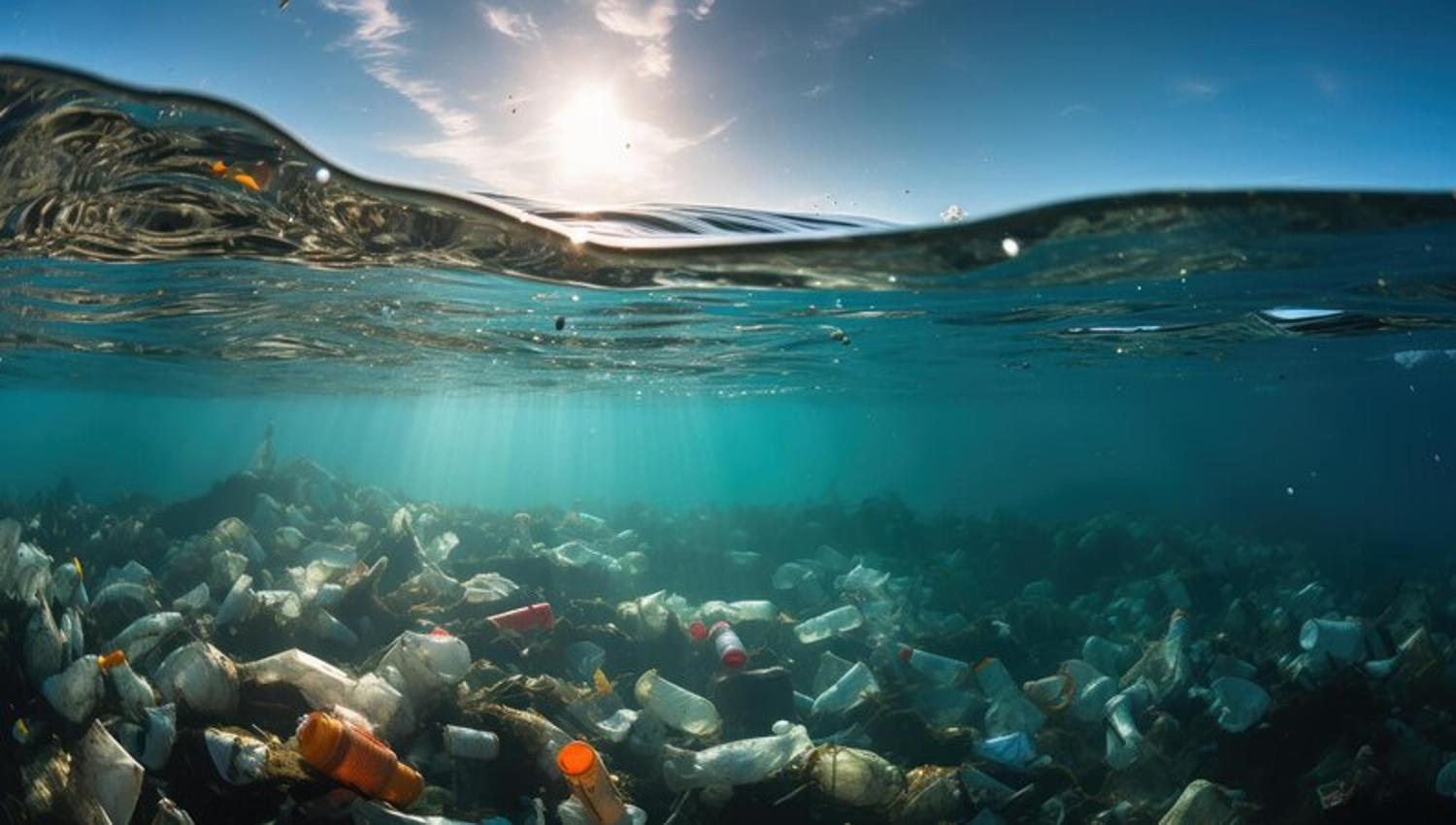
These side effects of pharmaceutical pollution are extremely concerning, as they can and will lead to species extinction and a lack of biodiversity in the world’s water systems.
Biodiversity is absolutely necessary for planet Earth to function properly. If that diversity is decreased, even fractionally, it will increase the negative side effects of climate change over the next several decades.
Humans Are Constantly and Unknowingly Ingesting Drugs

Concern for marine life and the negative side effects of climate change are certainly substantial reasons to be concerned about pharmaceutical pollution, but there is another.
People eat a total of 23 million metric tons of seafood every year. And as more and more fish ingest pharmaceutical and illegal drugs, that means humans are likely consuming dangerous amounts of drugs throughout the year.
How Are Fish Finding Pharmaceutical Drugs?
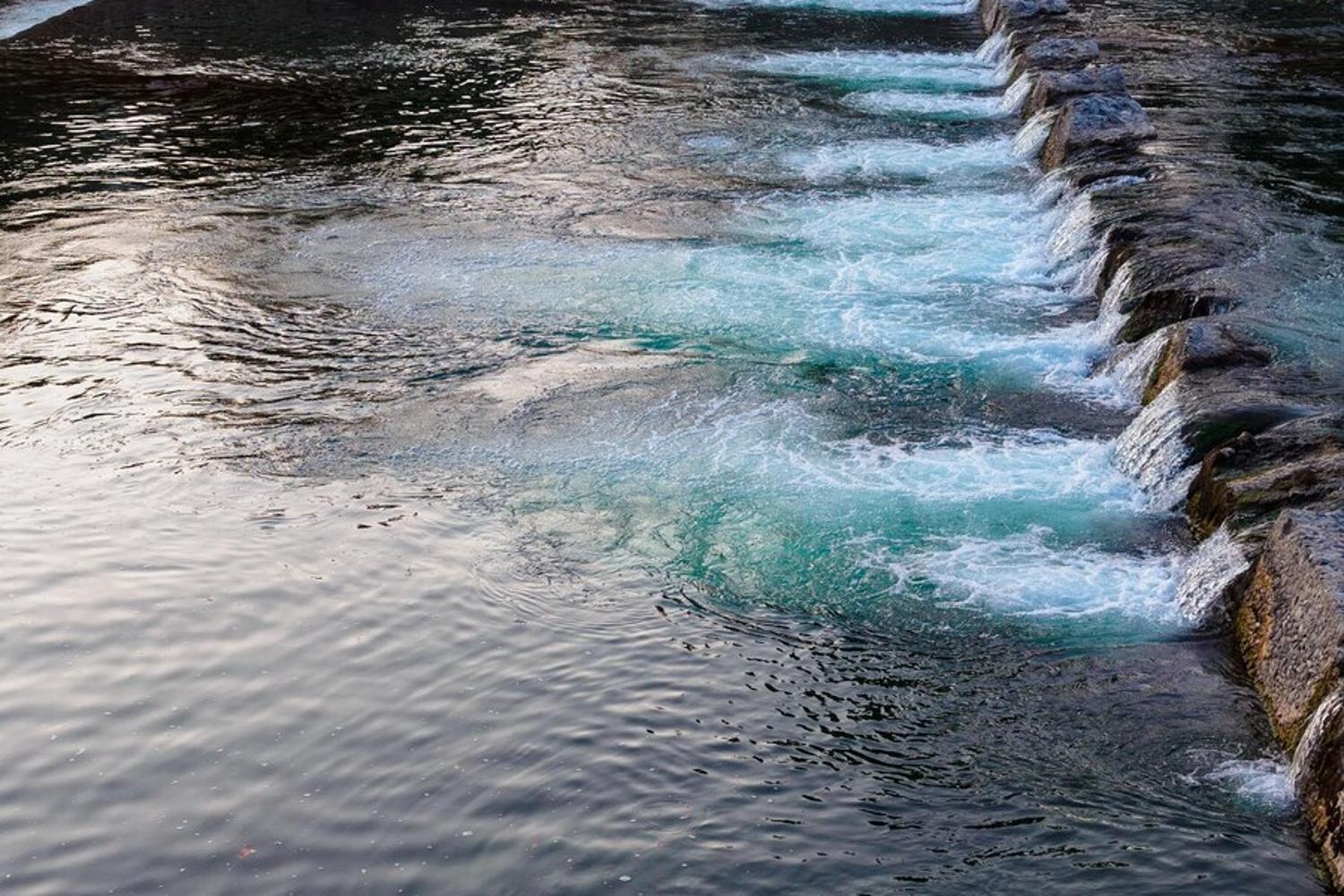
An assistant professor at the Swedish University of Agricultural Sciences and co-author of the study noted that this phenomenon doesn’t just occur in one location. He said, “Active pharmaceutical ingredients are found in waterways all around the globe.”
Bertram explained that there are essentially two “pathways for these chemicals to enter the environment”: pharmaceutical manufacturing and human use.
Pharmaceutical Production Is Polluting the World’s Water
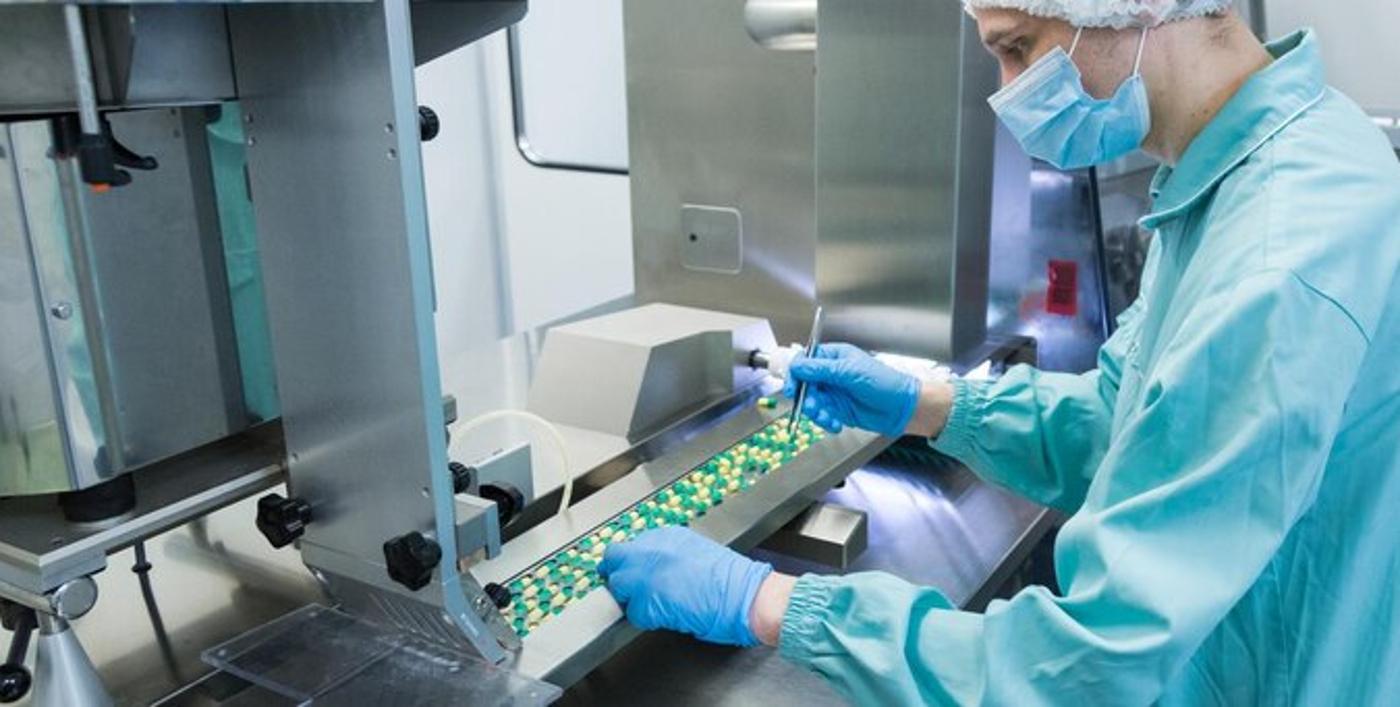
The study’s co-author said, “Inadequate treatment of pharmaceuticals that are being released during drug production” leads directly to water pollution.
Pharmaceutical manufacturing plants release a substantial amount of contaminated water. While sometimes, this water is sent to a treatment facility, in other cases, it is released directly into nearby streams that lead directly to the ocean.
Human Drug Use Leads Directly to Water Pollution
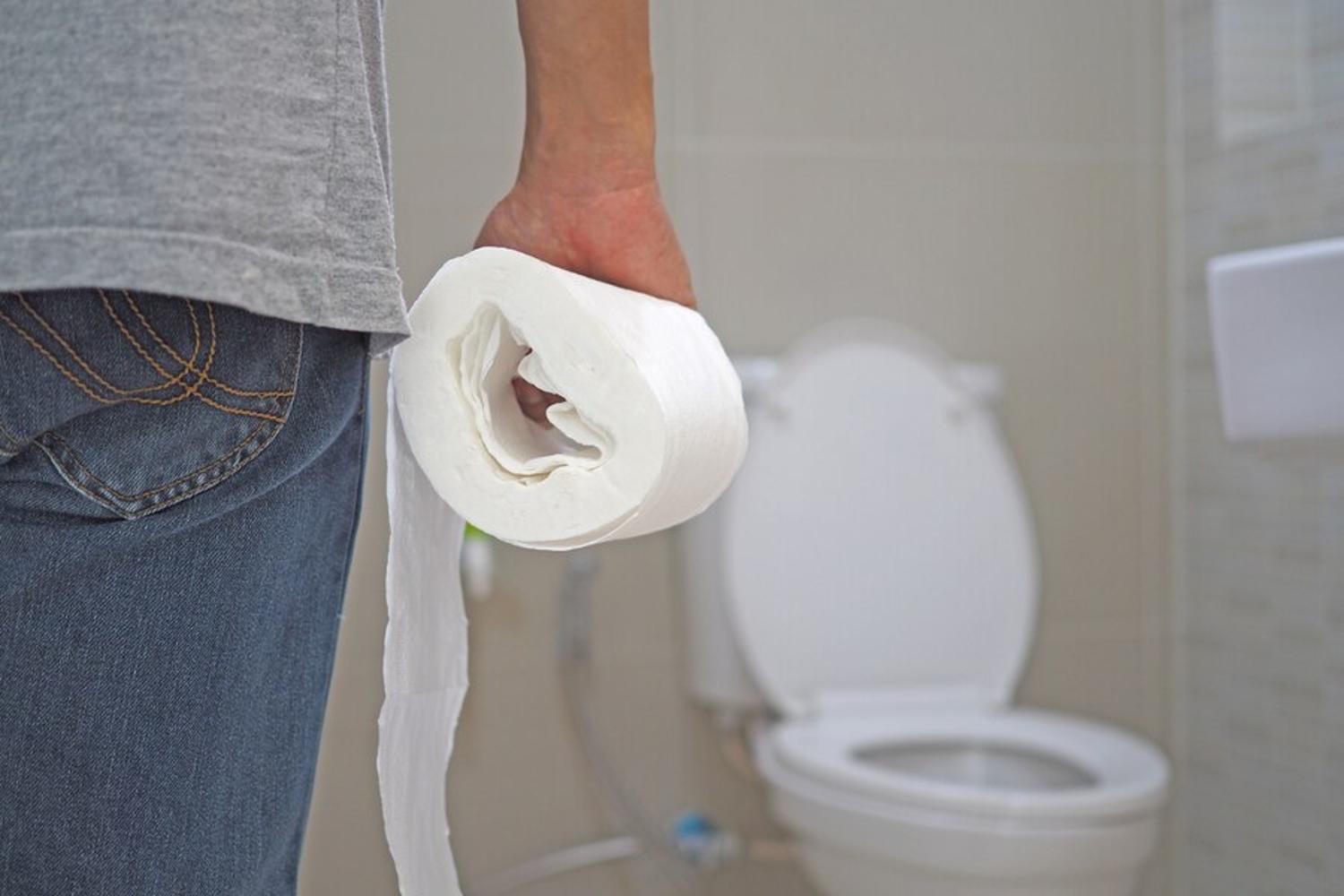
According to the professor, the second way is human use. He explained, “When a human takes a pill, not all of that drug is broken down inside our bodies, and so through our excrement, the effluent is released directly into the environment.”
In other words, when humans use the bathroom, the remnants of the drugs in their systems are flushed into the sewers and sent to wastewater treatment operations. However, the process of cleaning wastewater before releasing it back into the world’s water supply does not remove the residual drugs.
Solutions to Pharmaceutical Pollution
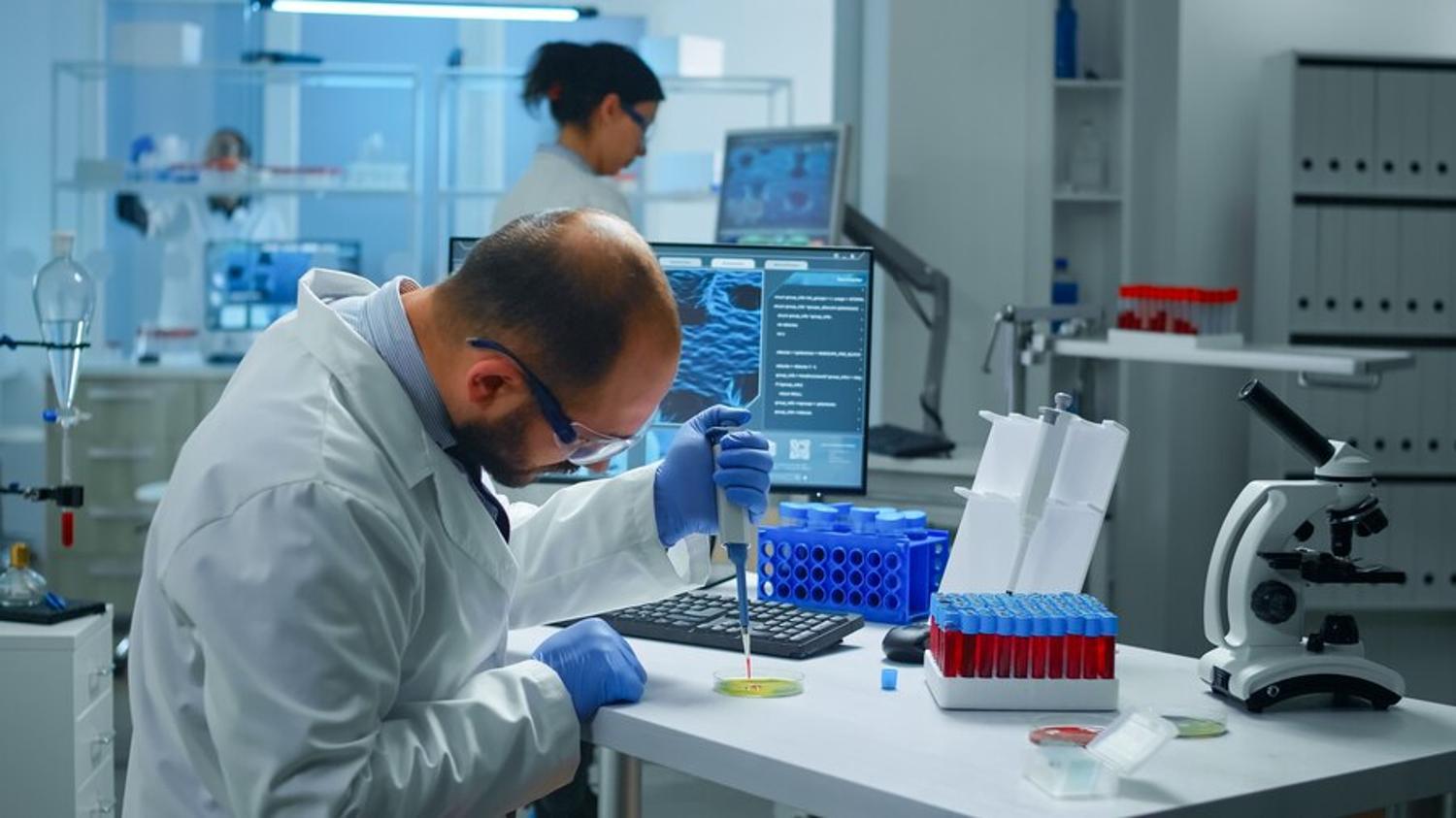
Bertram and his fellow co-authors argue that in order to prevent pharmaceutical pollution the industry needs to change. They argue that the best solution is to design “greener” drugs that decompose fully before entering the water supply.
Bertram explained, “Greener drugs lessen the potential for pollution throughout the entire cycle, reducing the need for other downstream mitigation measures. Pharmaceuticals — as well as their additives, adjuvants and excipients — should be designed not only to be efficacious and safe but also to be quickly and fully mineralized to carbon dioxide and water after excretion (for example, by environmental biodegradation).”
Sewage Treatment Facilities Can and Should Do More to Clean Our Wastewater
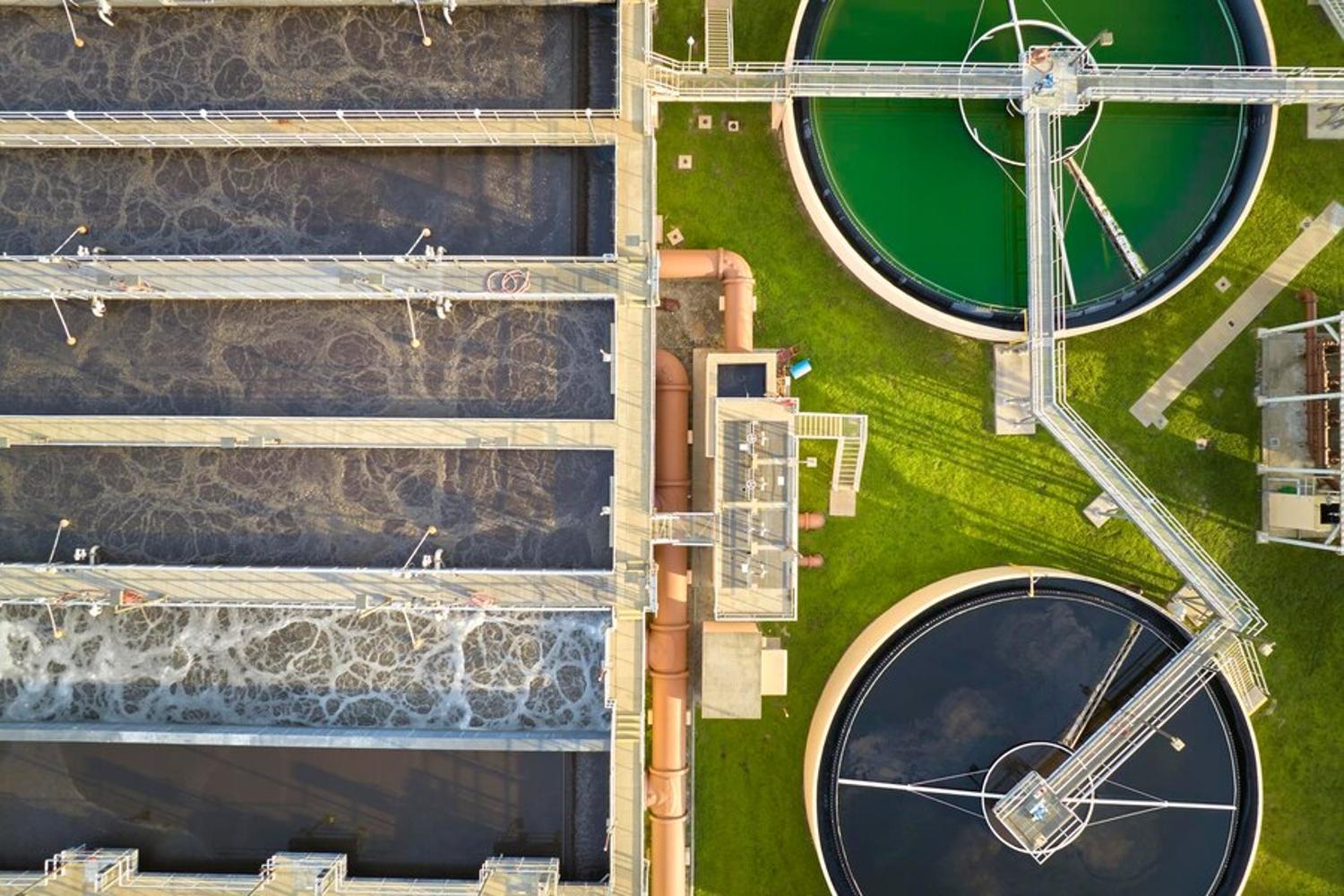
Although the study argues that cleaning up the pharmaceutical manufacturing industry is the absolute best way to minimize pharmaceutical pollution, others say that governments around the world need to improve wastewater systems, too.
Wastewater is unquestionably adding to the pollution of our planet, and yet governments have done little to improve the system over the past several decades.
What Can People Do to Minimize Pharmaceutical Pollution?
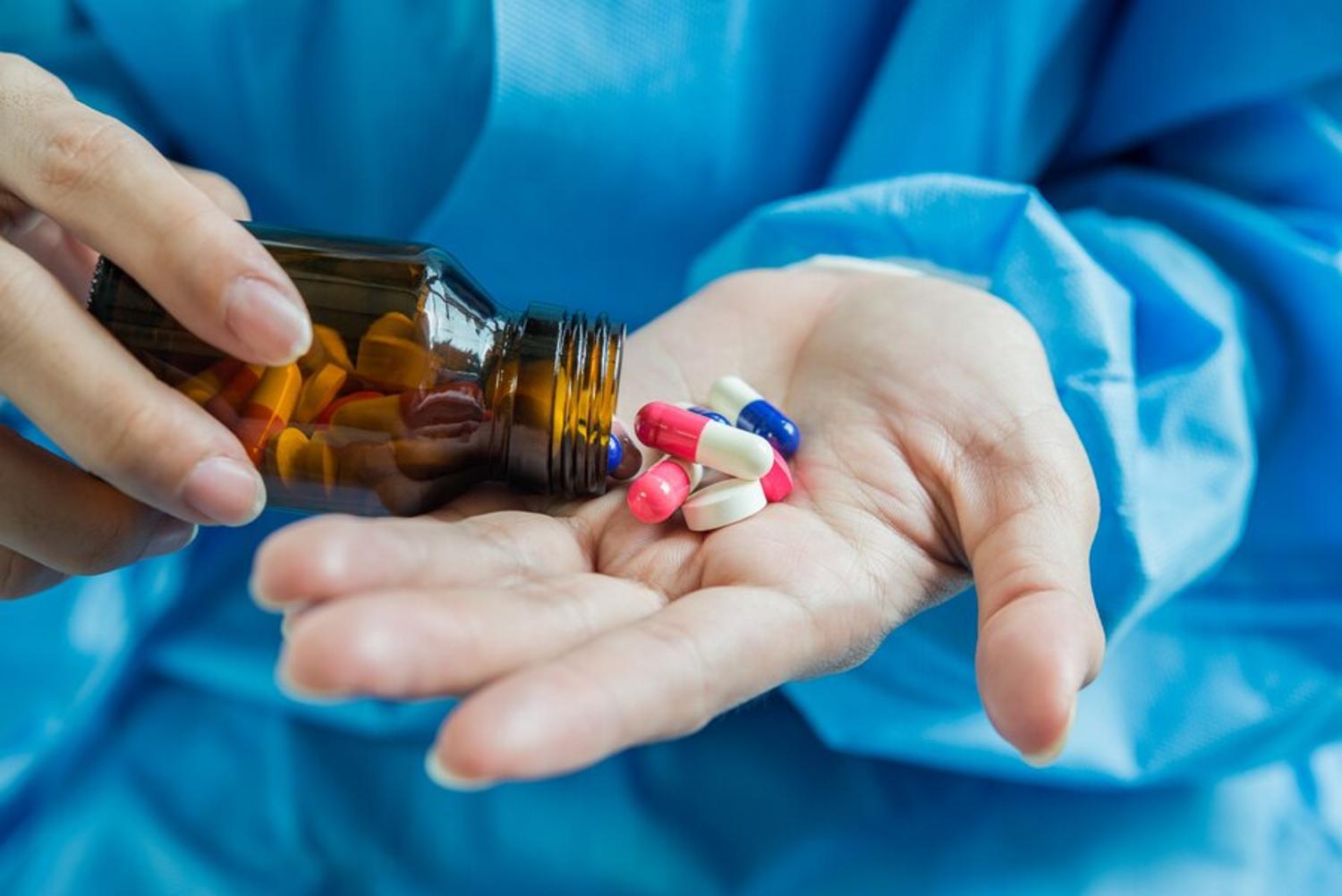
Sadly, in the case of pharmaceutical pollution, there is little that individuals can do to stop or even minimize this dangerous reality. People have to take certain medicines for their health, and they cannot help but go to the bathroom.
That being said, people can and should call for a change within the industry. Right now, voting for government leaders who prioritize protecting the planet is the best possible way to change the world.








































